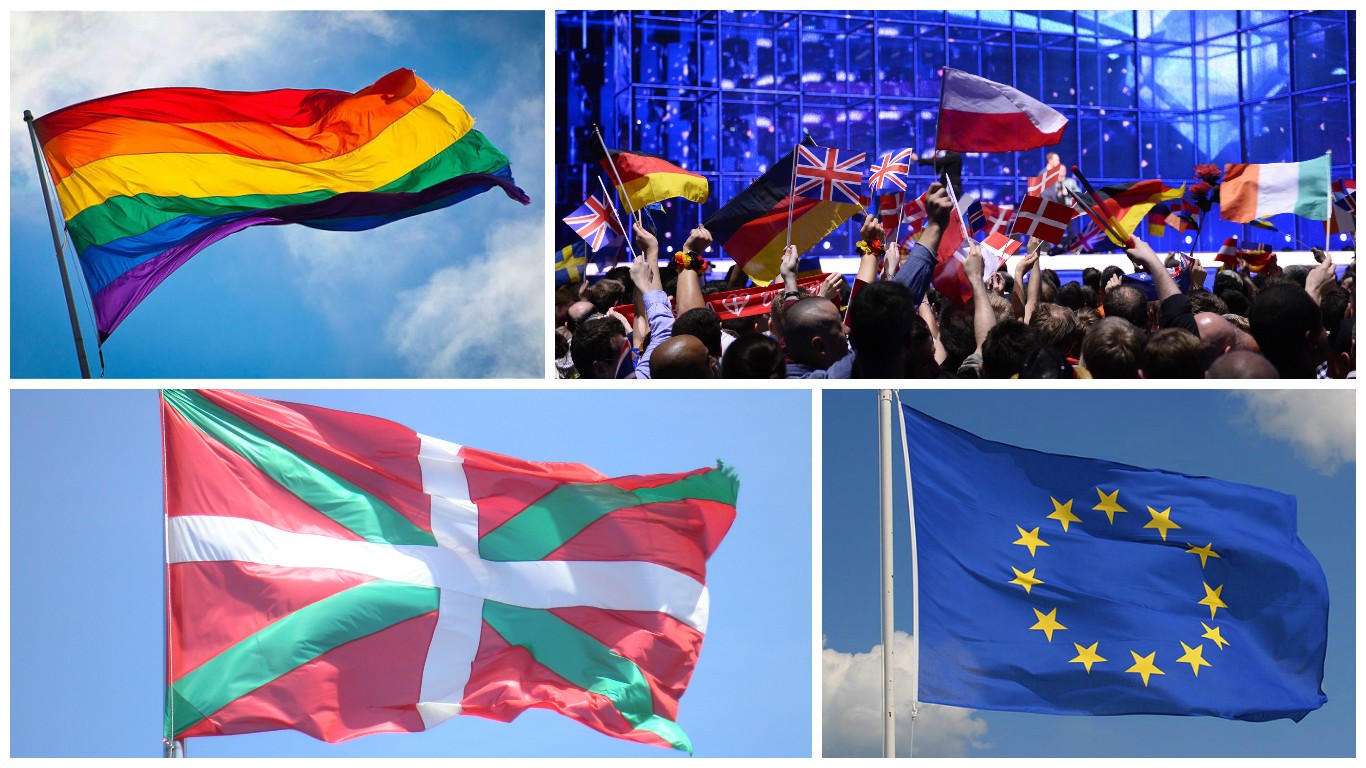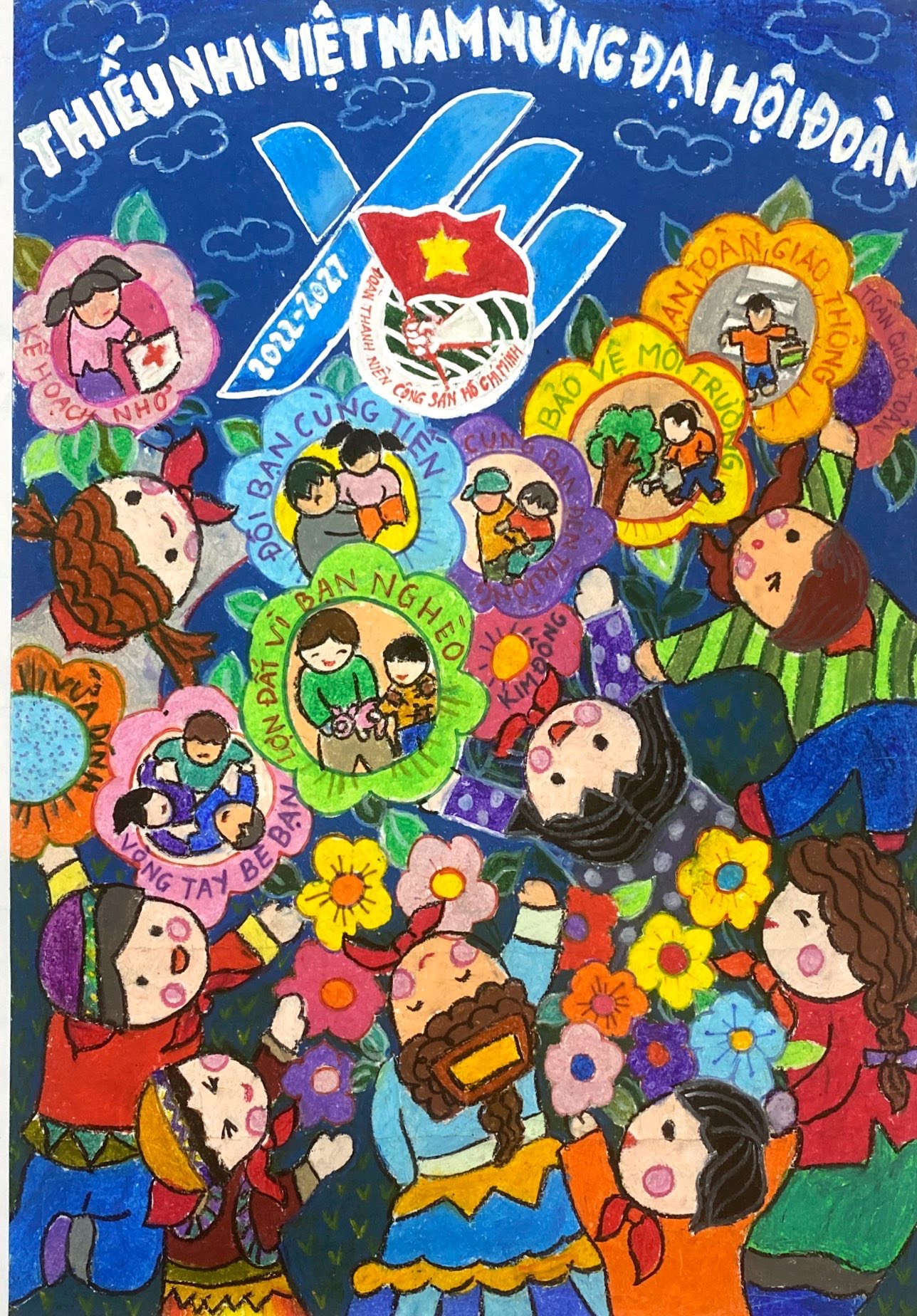Pride Flag Restrictions At Eurovision: A Deeper Look

Table of Contents
The History of LGBTQ+ Representation at Eurovision
The journey of LGBTQ+ representation at Eurovision has been a gradual, often subtle, evolution. Early years saw a distinct lack of openly LGBTQ+ artists or overt messaging. While many talented artists may have identified as LGBTQ+, the social and political climate often made open expression impossible or highly risky. This lack of representation reflected the broader societal attitudes towards LGBTQ+ individuals across Europe at the time.
- Early years and lack of open LGBTQ+ representation: The prevailing atmosphere of conservatism meant that overt expressions of LGBTQ+ identity were largely absent.
- Increased visibility in recent years, with openly gay/lesbian/transgender artists: The rise of more progressive attitudes has seen an increase in openly LGBTQ+ artists participating, leading to greater visibility and acceptance.
- Instances of subtle LGBTQ+ messaging in performances: Many artists, even before openly declaring their identity, incorporated subtle LGBTQ+ themes or symbolism into their performances. These subtle nods often held significant meaning for LGBTQ+ viewers.
- Growing public and media attention on LGBTQ+ inclusion: Increased media coverage and public advocacy have amplified the discussion surrounding LGBTQ+ inclusion at Eurovision, putting pressure on organizers to address these issues directly.
This evolving landscape reflects wider societal shifts in attitudes towards LGBTQ+ rights across Europe.
The EBU's Rules and Regulations Regarding Political Statements
The European Broadcasting Union (EBU), the organizer of Eurovision, has strict rules prohibiting overtly political statements. This rule is intended to maintain neutrality and prevent the contest from becoming a platform for partisan political agendas. However, the application of this rule to LGBTQ+ symbols and messaging has proven controversial.
- EBU's official stance on political neutrality: The EBU explicitly states its commitment to political neutrality. This is designed to keep the contest focused on music and performance, rather than political discourse.
- Ambiguity in defining "political statements": The definition of "political statement" is often vague and open to interpretation, leading to inconsistencies in enforcement. What constitutes a political statement is subjective and can vary based on the context and interpretation.
- Arguments for and against interpreting Pride flags as political statements: Some argue that Pride flags are inherently political, representing a social and political movement for LGBTQ+ rights. Others contend that they are simply symbols of inclusivity and self-expression.
- The challenges of enforcing these rules consistently: The EBU faces significant challenges in consistently enforcing these rules, given the varied interpretations of what constitutes a political statement and the evolving nature of social and political discourse.
This ambiguity is central to the ongoing debate surrounding Pride flags and LGBTQ+ visibility at Eurovision.
The Case of Ukraine and the 2023 Eurovision Contest
The 2023 Eurovision contest, held in Ukraine amidst the ongoing war with Russia, saw heightened scrutiny regarding Pride flag restrictions. The context of the war significantly complicates the issue, intertwining national pride, LGBTQ+ rights, and the complexities of wartime realities.
- Specific instances of alleged restrictions on Pride flags in Ukraine: Reports emerged of restrictions on the display of Pride flags at certain events associated with Eurovision, fueling controversy.
- Reactions from LGBTQ+ activists and organizations: These reports elicited strong reactions from LGBTQ+ activists and organizations, who highlighted the importance of inclusivity even in times of conflict.
- The Ukrainian government's position on LGBTQ+ rights: The Ukrainian government's stance on LGBTQ+ rights, while evolving, adds further complexity to the situation.
- The complexities of balancing national pride and LGBTQ+ inclusivity during wartime: Balancing the expression of national unity with the need for LGBTQ+ inclusivity presented a significant challenge during the 2023 contest.
This situation highlighted the delicate balance between celebrating national identity and upholding LGBTQ+ rights in a context of ongoing war.
Balancing Artistic Expression and Political Neutrality
The core tension lies in reconciling the EBU's commitment to political neutrality with the desire to create a space where artists can express themselves freely, regardless of sexual orientation or gender identity.
- Arguments for greater LGBTQ+ inclusivity at Eurovision: Advocates argue that restricting LGBTQ+ symbols stifles artistic expression and sends a negative message to LGBTQ+ viewers.
- Counterarguments regarding maintaining political neutrality: Conversely, others argue that maintaining strict political neutrality is essential for preserving the integrity and universality of the competition.
- Possible solutions or compromises to reconcile these competing goals: Finding a balance might involve clearer guidelines from the EBU, emphasizing inclusivity while preventing overtly partisan displays.
- The role of the host country in upholding both artistic expression and neutrality: The host country plays a crucial role in creating an atmosphere where both artistic freedom and political neutrality are respected.
The Wider Impact and Future of LGBTQ+ Inclusion at Eurovision
The ongoing debate surrounding Pride flag restrictions has significant implications for Eurovision's image and its role as a platform for diversity and inclusion.
- The impact on Eurovision's image among LGBTQ+ communities: Restrictions on LGBTQ+ symbols can alienate LGBTQ+ communities and damage Eurovision's reputation for inclusivity.
- The potential for future changes in EBU regulations: Public pressure and advocacy could lead to future revisions of the EBU's regulations to better accommodate LGBTQ+ expression.
- The role of fan activism and public pressure in influencing change: Fan activism and public pressure have been instrumental in pushing for greater LGBTQ+ inclusivity at Eurovision.
- The evolving landscape of LGBTQ+ rights in Europe and their reflection at Eurovision: Eurovision serves as a microcosm of the evolving LGBTQ+ rights landscape in Europe, reflecting both progress and ongoing challenges.
Conclusion
The controversy surrounding Pride flag restrictions at Eurovision highlights the inherent complexities of balancing artistic expression, political neutrality, and LGBTQ+ inclusivity. The debate showcases contrasting perspectives, underscoring the need for ongoing dialogue and a nuanced understanding of the issues involved. The EBU’s commitment to neutrality must not overshadow its responsibility to foster an inclusive environment where all artists feel welcome and respected.
Let's continue the discussion on Pride flag restrictions at Eurovision and strive for a more inclusive future for the contest. Share your thoughts on how Eurovision can better represent the LGBTQ+ community! Consider supporting organizations like [Insert links to relevant LGBTQ+ rights organizations].

Featured Posts
-
 Ru Pauls Drag Race Season 17 Episode 11 A Look At The Ducks Challenge
Apr 30, 2025
Ru Pauls Drag Race Season 17 Episode 11 A Look At The Ducks Challenge
Apr 30, 2025 -
 Mathias Colomb Cree Nation Introduces Boxing And Survival Training Programs
Apr 30, 2025
Mathias Colomb Cree Nation Introduces Boxing And Survival Training Programs
Apr 30, 2025 -
 Binh Duong Tu Hao Tien Linh Dai Su Tinh Nguyen Tam Guong Sang Cho Gioi Tre
Apr 30, 2025
Binh Duong Tu Hao Tien Linh Dai Su Tinh Nguyen Tam Guong Sang Cho Gioi Tre
Apr 30, 2025 -
 Rapport Amf Mercialys 25 02 2025 Decryptage Du Document Cp 2025 E1022016
Apr 30, 2025
Rapport Amf Mercialys 25 02 2025 Decryptage Du Document Cp 2025 E1022016
Apr 30, 2025 -
 Top Summer Slides 2025 Reviews And Recommendations
Apr 30, 2025
Top Summer Slides 2025 Reviews And Recommendations
Apr 30, 2025
